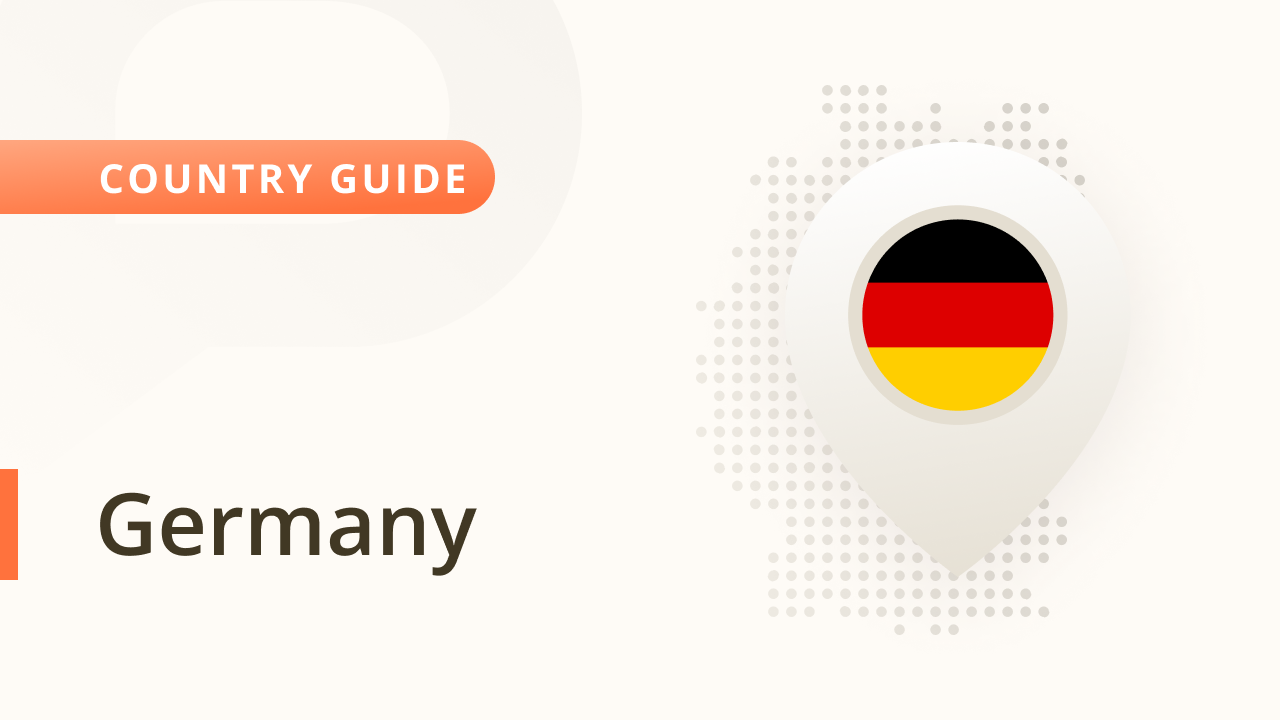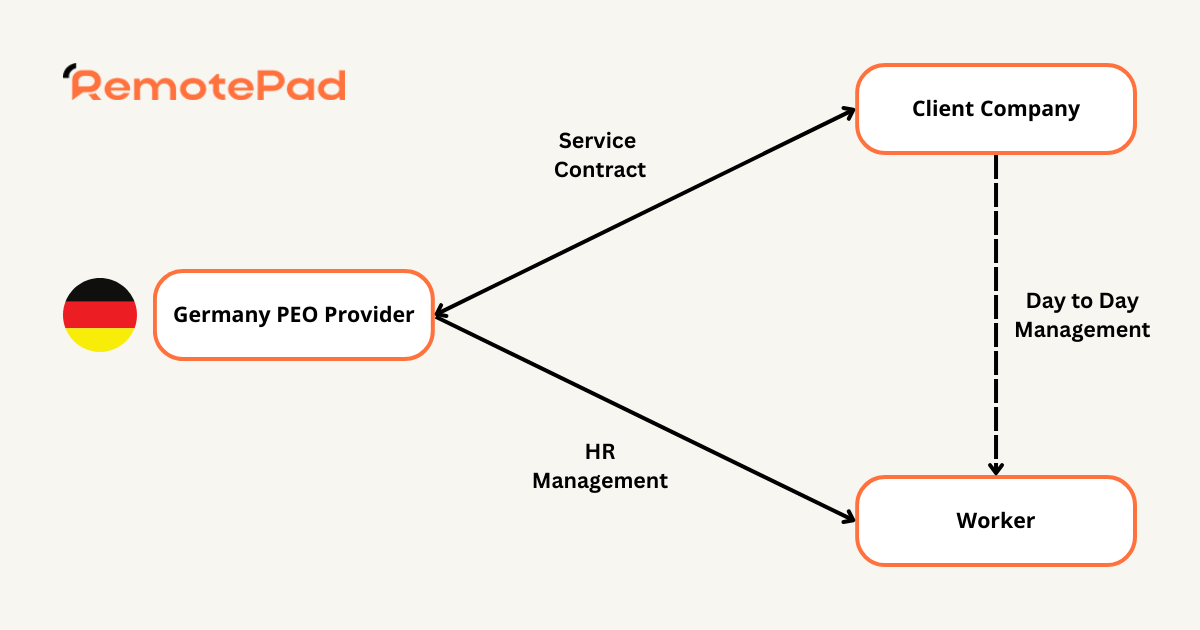Germany, the economic powerhouse of Europe, beckons entrepreneurs and professionals with its dynamic market and innovative spirit. Yet, navigating the German business landscape can feel like traversing unfamiliar terrain for those unfamiliar with its cultural nuances. Understanding the specific etiquette and values underpinning German business culture is crucial to ensure a smooth journey.
Formal First Impressions
Germans value formality and punctuality highly. Dress professionally, arrive early for meetings, and address colleagues using proper titles (Herr/Frau + surname) until explicitly invited to use first names. Business cards are exchanged with formality, and meticulous meeting preparation is expected. Be prepared to present detailed agendas and concise, data-driven proposals.
Direct, Yet Respectful Communication
German communication tends to be direct and to the point without small talk, especially during the first meeting. Don’t hesitate to state your position clearly; express it respectfully and professionally. Avoid humor or sarcasm, as these can be misconstrued. Active listening and attentive engagement are paramount, showcasing your seriousness and interest in collaboration.
Consensus-Driven Decision Making
Hierarchy plays a role in German businesses, but decisions are often made through a more consultative process. Be prepared to discuss your ideas thoroughly with colleagues and superiors, offering data and rationale to support your arguments. Consensus is critical, and patience is valuable as decisions may take time to finalize.
Work-Life Balance Matters
While Germans place significant importance on dedication and productivity, work-life balance is highly valued. Scheduled breaks are respected, and overtime is generally discouraged. This focus on personal time reflects the German emphasis on a healthy and fulfilling life beyond the office.
Building Trust and Long-Term Relationships
Relationships in German business are built on trust and long-term commitment. Quick deals and flashy sales pitches are unlikely to resonate. Invest time building genuine relationships with your counterparts and demonstrating reliability and consistency in your actions. Trustworthiness and a commitment to quality are the cornerstones of successful partnerships in Germany.
Adaptability is Key
Embracing cultural differences is critical to navigating any foreign business environment. While understanding these core principles of German business culture is a valuable first step, be prepared to adapt to individual nuances within companies and specific industries. Openness to learning and a willingness to adjust your approach will go a long way in fostering mutually beneficial collaborations.
By respecting these critical aspects of German business culture, you can build trust, facilitate effective communication, and ultimately pave the way for success in this dynamic and rewarding market. So, with a touch of formality, a dose of directness, and a commitment to long-term relationships, you can navigate the unique terrain of German business and set yourself up for a thriving professional journey.



